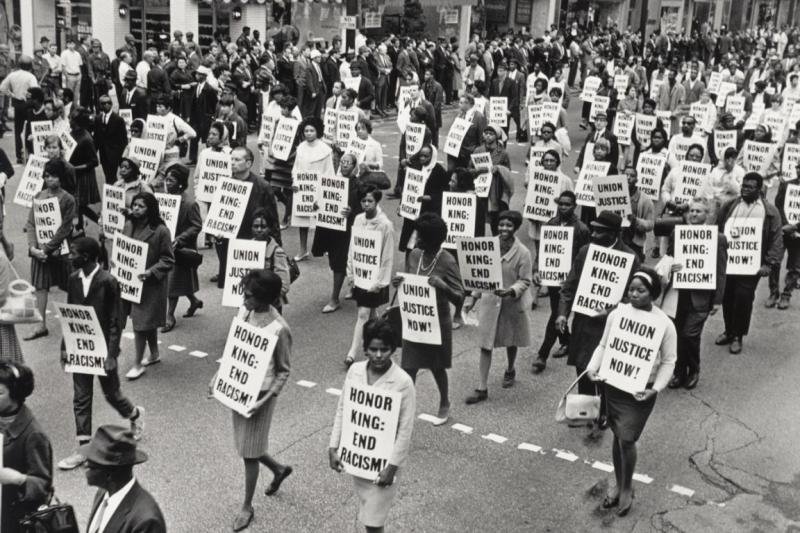3 Tips for Resetting Conversations
“Make a career of humanity. Commit yourself to the noble struggle for equal rights. You will make a better person of yourself, a greater nation of your country, and a finer world to live in.” - Martin Luther King, Jr.
Happy Martin Luther King Jr. Day! In the United States, MLK Day is a day of service where we remember the anti-racism and anti-poverty work of Dr. King and continue to build on the civil rights legacy he left behind. As we journey into 2024, I want you to consider resetting various aspects of your work as an ally, including how you have harder conversations on race. By moving past, “I don’t see color, I don’t see race,” we can commit to building real equity and inclusion. Here are my 3 Tips on Resetting Conversations on Race.
1. Listen to understand: When someone shares their experience with racism or discrimination, listen to understand their perspective. Practice active listening, don’t dismiss their emotions, ask questions to seek clarification, and don’t gaslight someone when they share experiences outside of your own.
2. Educate yourself: Learn the history of racism and discrimination in the United States. There is an active effort to deny the real history of what marginalized groups have experienced in this country - the highs and the lows. Counter that narrative and learn all the truths of our history.
3. Be willing to be uncomfortable - and wrong: Conversations around race can be uncomfortable, but it is important to push through these uncomfortable moments in order to promote thorough dialogues and achieve progress. Absolute truths you may have believed in your life may turn out to be not so absolute after all. Instead of denying that those truths are valid, be willing to accept that you could be wrong and then do the work to expand the perspectives you have.
Commit to the work of justice. Commit to the work of change. Be an ally who is willing to get uncomfortable so we can build equity and inclusion for everyone. Let’s celebrate the legacy of Dr. King together.
Do the work
This week, I commit to practicing kindness, empathy, and respect towards others, treating others with compassion and understanding, taking the time to learn more about Dr. King and the civil rights movement, and if possible be of service to others.
Spread the word
If you want to keep going
What if I Say the Wrong Thing?:
How to Have Hard Conversations on Race
In the months following George Floyd’s murder, many of us restarted long overdue conversations on race. Those conversations took place at home, in schools, and in workplaces. As the past few years have demonstrated, these conversations continue to be necessary and urgent to continue the work of racial equity. But having those conversations without the right preparation can lead to anger and frustration. That’s where I come in, to share how we can have successful conversations on race. In this program you will learn why talking about race matters, why it is so difficult for many to talk about race, and the five principles on which to center your conversations on race.


